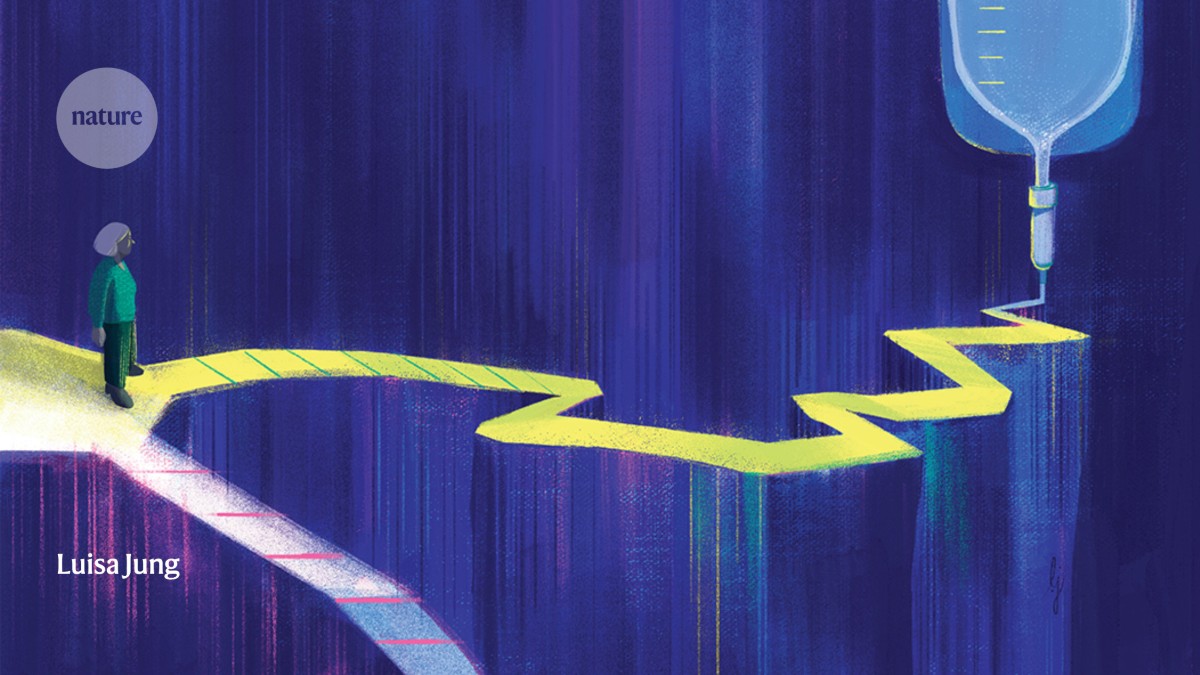
"One of neurologist Anelyssa D'Abreu's least favorite tasks is giving her patients a dreaded diagnosis: early-stage Alzheimer's disease. But it's not quite as bad as it used to be. Today when they ask, "Is there anything we can do?" D'Abreu has a new answer: "Perhaps." Unlike a decade ago, when D'Abreu had little to offer her patients with Alzheimer's, there are now drugs that may impede the disease's progression."
"The difficulty with this approach, however, is that it comes with a trade-off. The new medications carry the risk of serious side effects, including brain bleeds, strokelike symptoms and even death. Yet they also come with hope, something new for Alzheimer's patients and their families. Drugs in this class, known as anti-amyloid therapies, have not gained much traction. In limited studies, they have been shown to slow or even decrease one of the biological symptoms of Alzheimer's: the accumulation of amyloid beta in the brain."
A neurologist's response to early-stage Alzheimer's has shifted from 'nothing' to 'perhaps' because new drugs may impede disease progression. These anti-amyloid therapies reduce amyloid beta accumulation and have shown marginal slowing of cognitive decline in trials. Nearly four dozen studies since 2018 collectively suggest possible modest benefits, potentially about an additional year of independence. The trials report only about 18 months of published data. Significant safety concerns include amyloid-related imaging abnormalities (ARIA), with up to 40 percent showing brain swelling and up to 28 percent experiencing brain bleeds. The drugs' downsides and contested framing temper enthusiasm and clinical uptake.
Read at Nature
Unable to calculate read time
Collection
[
|
...
]